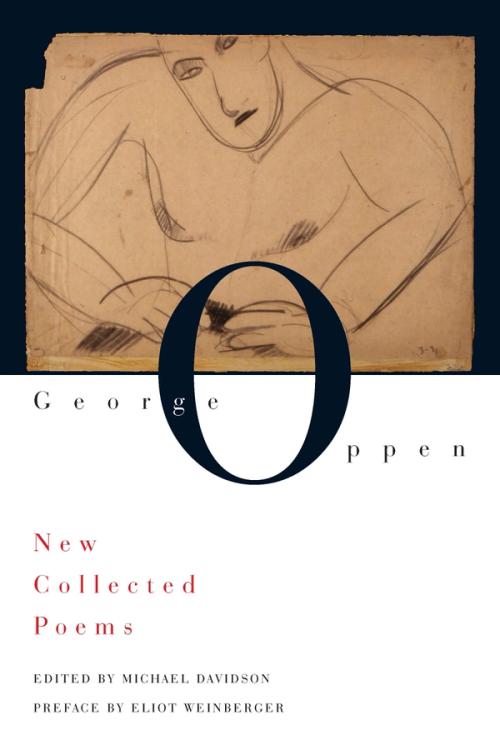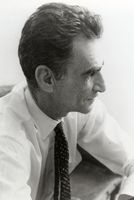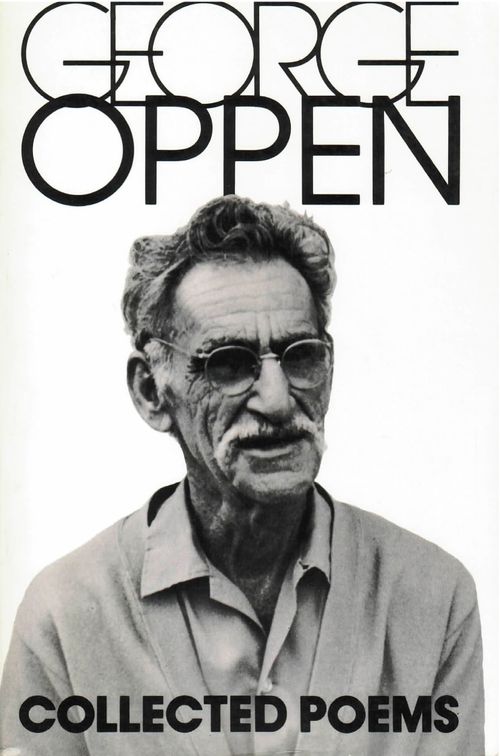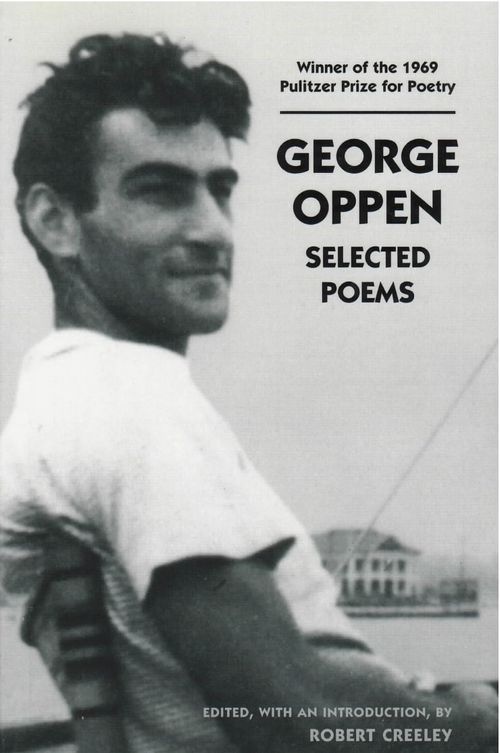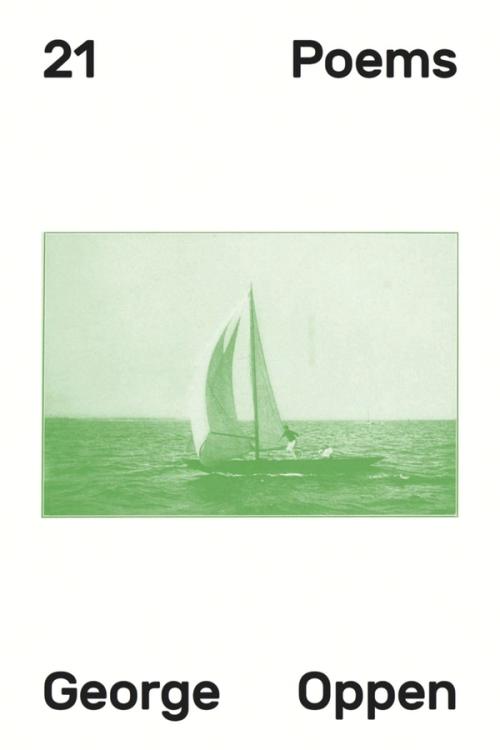New Collected Poems of George Oppen
Poetry by George Oppen
Edited by Eliot Weinberger
With a contribution by Michael Davidson and Eliot Weinberger
George Oppen’s New Collected Poems gathers in one volume all of the poet’s books published in his lifetime (1908–84), as well as his previously uncollected poems and a selection of his unpublished work. Oppen, whose writing was championed by Ezra Pound when it was first published by The Objectivist Press in the 1930s, has become one of America’s most admired poets. In 1969 he won a Pulitzer Prize for his collection Of Being Numerous, which The New Yorker recently said is “unmatched by any book of American poetry since.” The New Collected Poems is edited by Michael Davidson of the University of California at San Diego, who also writes an introduction about the poet’s life and work and supplies generous notes that will give interested readers an understanding of the background of the individual books as well as keys to references in the poems. The award-winning essayist and translator Eliot Weinberger offers a personal remembrance of the poet in his preface, “Oppen Then.”
Paperback(published Nov, 01 2008)
- ISBN
- 9780811218054
- Price US
- 24.95
- Price CN
- 28
- Trim Size
- 6x9
- Page Count
- 480
Clothbound(published Nov, 01 2008)
- ISBN
- 9780811214889
- Price US
- 37.95
- Trim Size
- 6x9
- Page Count
- 480
